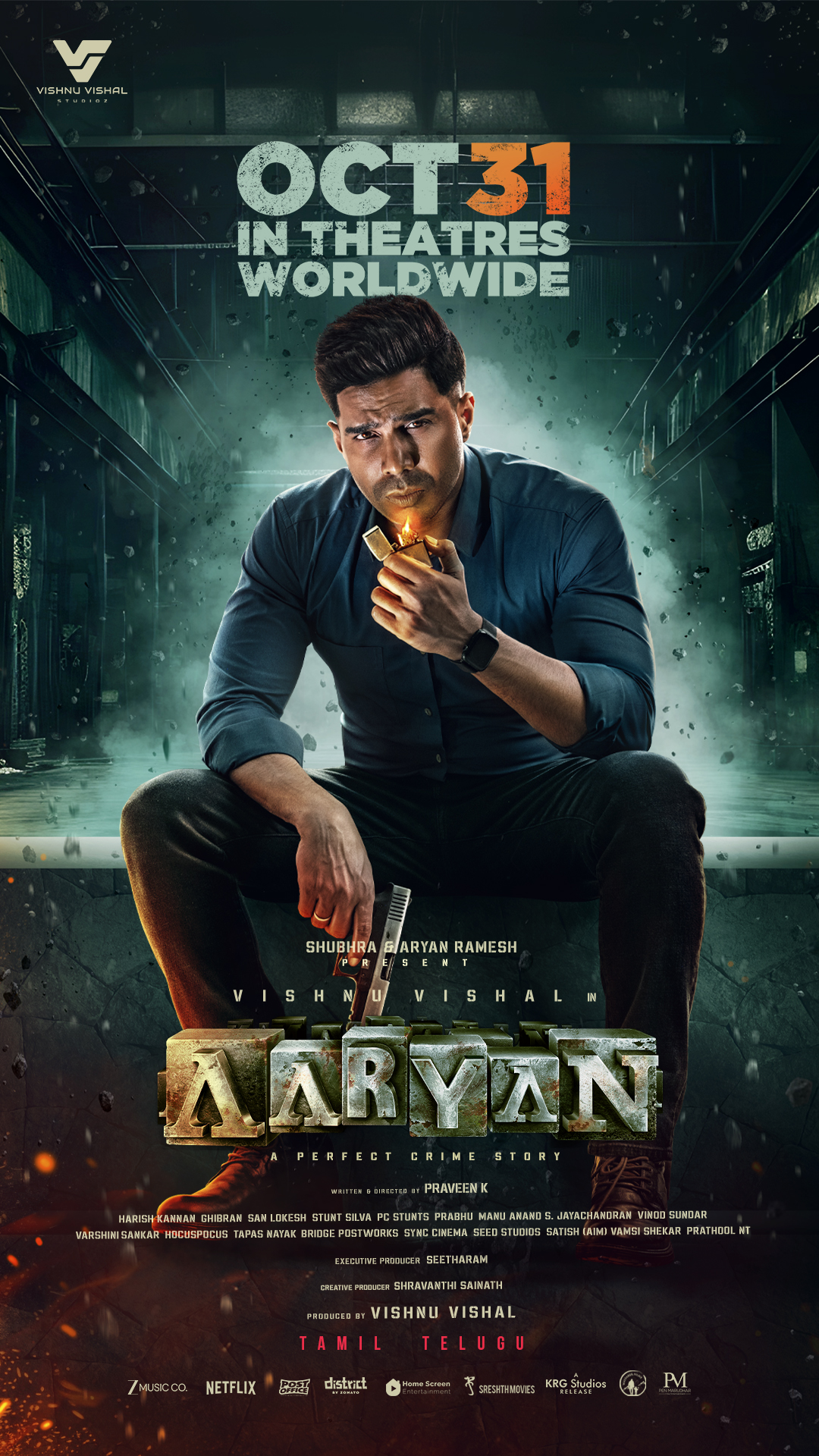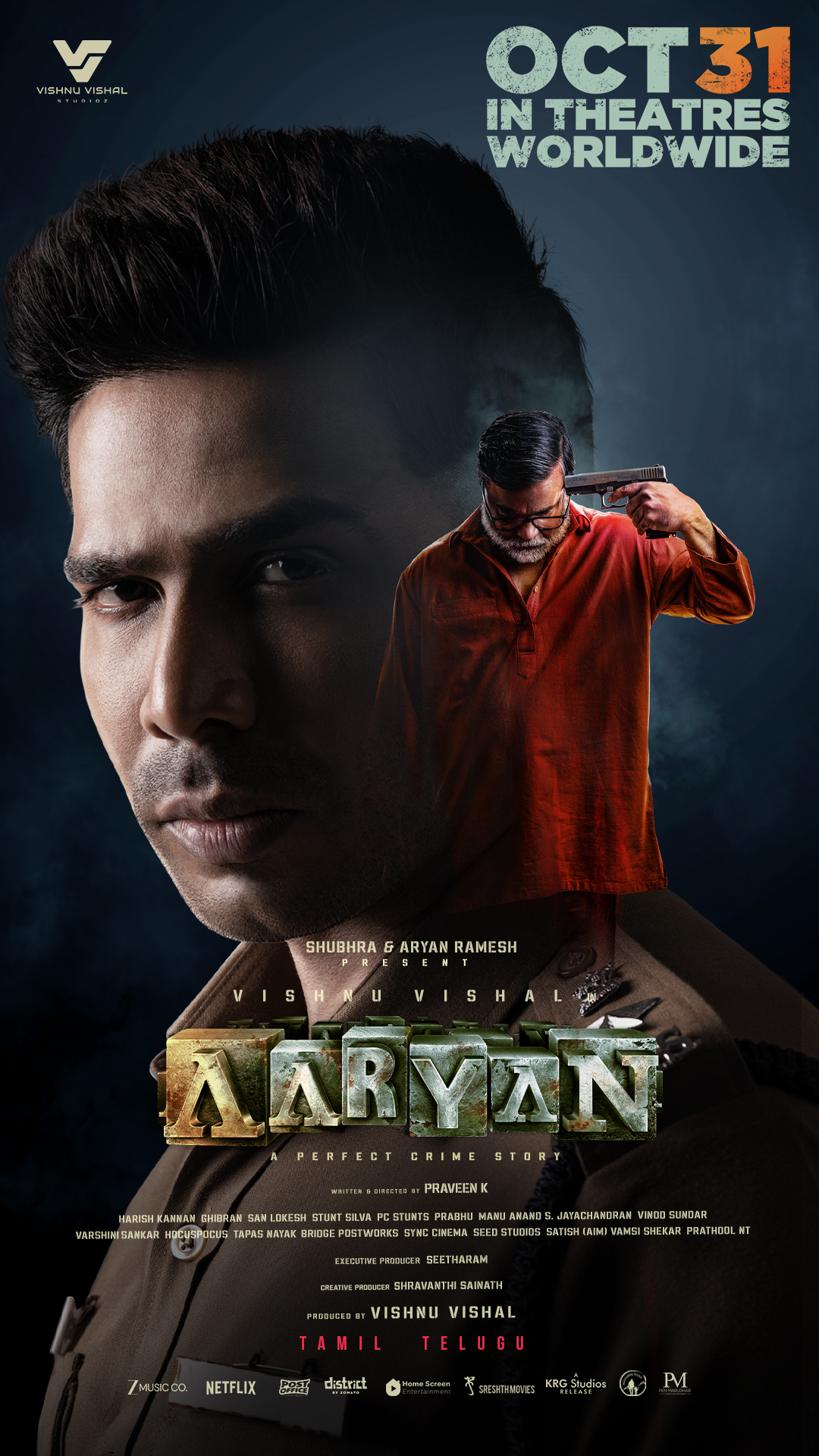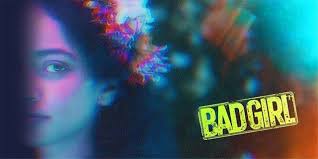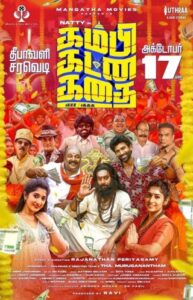After several struggles, Bad Girl finally released in theatres on September 5, 2025, following its international premiere at the Rotterdam Film Festival in February. Written and directed by Varsha Bharath, the film steps away from the usual formula of Indian cinema. It is not a story of a woman sacrificing herself for others, nor is it a typical social reform drama. Instead, the film dares to explore women’s personal desires and individual freedom, subjects often left untouched in mainstream storytelling.
Tamil cinema has earlier shown sensitive parent-child relationships in films like Anbulla Appa (1987) and Abhiyum Naanum (2008). Those movies highlighted how parents understand their children’s wishes and strive to fulfill them with love. Bad Girl, on the other hand, takes a different route. While family affection and parental care are present, the film focuses more on the conflict between personal desires. This contrast makes the film stand apart, though it may feel unconventional compared to the emotional warmth of earlier classics.
Ramya’s journey is the core of the narrative. She struggles with her urges, misunderstandings with men, and the challenge of choosing her own path. Even as her childhood friends move on to stable marriages and peaceful lives, Ramya remains single at 32, caught between her individuality and societal expectations. The film questions the normalization of casual physical affairs, presenting them not as an offensive but as a matter of choice. This daring perspective makes Bad Girl unique, though not all viewers may be ready to accept it.
The film highlights how, in some parts of India and abroad, casual physical affairs are seen as normal. Here, Varsha Bharath does not convict or glorify the idea but justifies it as a matter of personal freedom and individual choice. This makes the film daring but also diverging, as not every viewer may accept this perspective.
On the technical side, cinematographers Preetha Jayaraman, Jagadeesh Ravi, and Prince Anderson create visuals that balance family warmth with emotional conflict. Amit Trivedi’s music adds depth without overpowering the story, while Radha Sridhar’s editing ensures a crisp 112-minute runtime. Director Varsha Bharath deserves credit for tackling a subject rarely explored in Tamil cinema, though the execution wavers at times. Performances are a highlight, Shanthipriya delivers Sundari with grace and strength, while Anjali Sivaraman and the supporting cast add authenticity. Overall, Bad Girl is a bold experiment that may divide opinions, but it undoubtedly opens up much-needed conversations about women’s choices and individuality.







